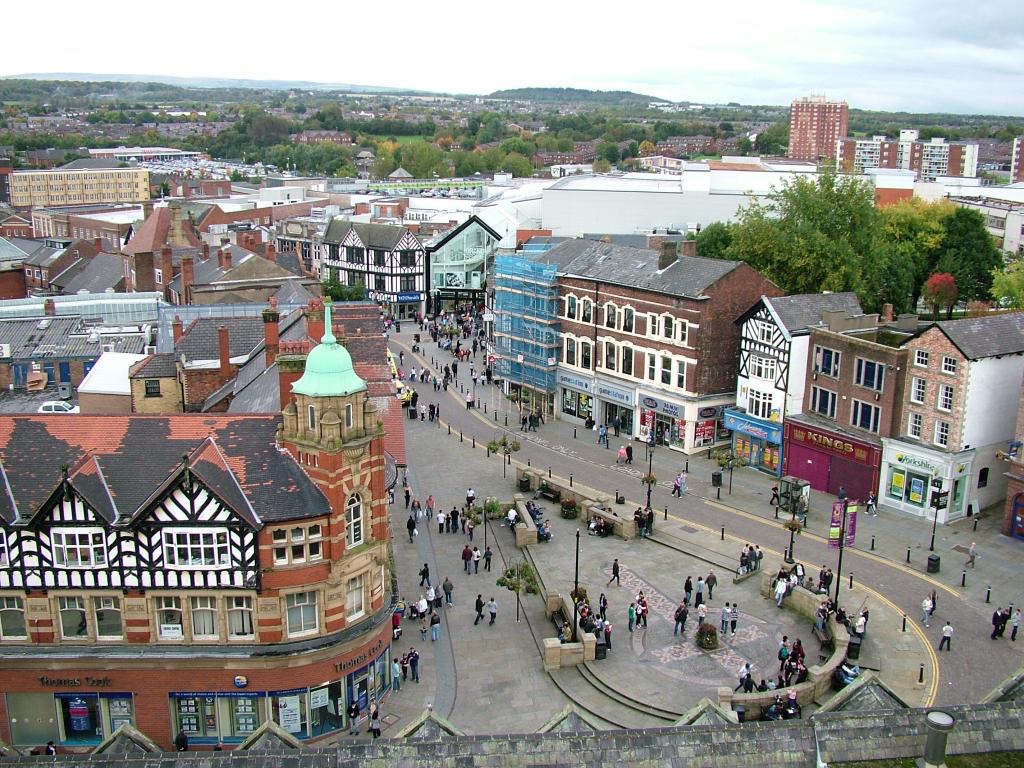The North of England needs a more sophisticated understanding of the potential of well-connected smaller cities and towns to outperform the big city model.
That’s the conclusion of a report from IPPR North which says that while Nobody can afford to ignore the big cities like Manchester or Leeds, we need a cohesive economic strategy needs to account for the potential of smaller centres too.
Taken together, the smaller cities and towns (population 75,000+) of the north of England represent almost a third of the region’s economy, and since 2010 they have grown just as fast as the North’s core cities says the authors of the reportwhich sets out to challenge the prevailing wisdom that regional economic strength is based on growing huge cities like London.
The report “City systems: the role of smaller towns and cities in growing the Northern Powerhouse” highlights the vital role such places play in the wider economy – in sectors like advanced manufacturing, energy and logistics, key strands of the government’s Northern Powerhouse strategy.
It calls for greater recognition of the complementary roles played by SMCs as part of broader ‘city systems’ to avoid the housing and congestion problems faced by London. This would be more like the kind of successful regions seen in Germany, the Netherlands and other parts of Europe.
Growth rates in the 20 SMCs with populations over 75,000 match levels seen in major cities. This includes Wigan, Doncaster, Burnley and Wakefield – with productivity in Wigan higher than in neighbouring Manchester.
The analysis finds that many small and medium-sized cities do face significant challenges from not being better connected to bigger cities. But they can overcome these problems with a clear focus on their own economic strengths; tackling local skills problems; and collaborating with big-city neighbours.
One of the reports recommendations is Taking a more “European” attitude to how we plan our economy, instead of following US city-thinking which is more suited to countries with large distances between cities – European cities tend to be much more interconnected than American cities.
IPPR North is releasing the report ahead of its publication of a Great North Plan blueprint. The blueprint will highlight the benefits of joined-up economic planning in the North, and is being launched at KPMG’s Leeds office on Friday 17 June.
Ed Cox, Director of IPPR North, said:
“The latest academic research is asking some big questions about the big city story and it is about time policy-makers recognised this.
“In the same way small and medium businesses are now seen as vital to the British economy and the success of our big companies, we need to refocus policy on the North’s small and medium towns and cities, and not just the big cities – vital as they are.
“The evidence shows this is not ‘jam-spreading’ resources thinly but economically the right thing to do: Manchester needs a prosperous Wigan to succeed, and vice-versa.”
as
say







